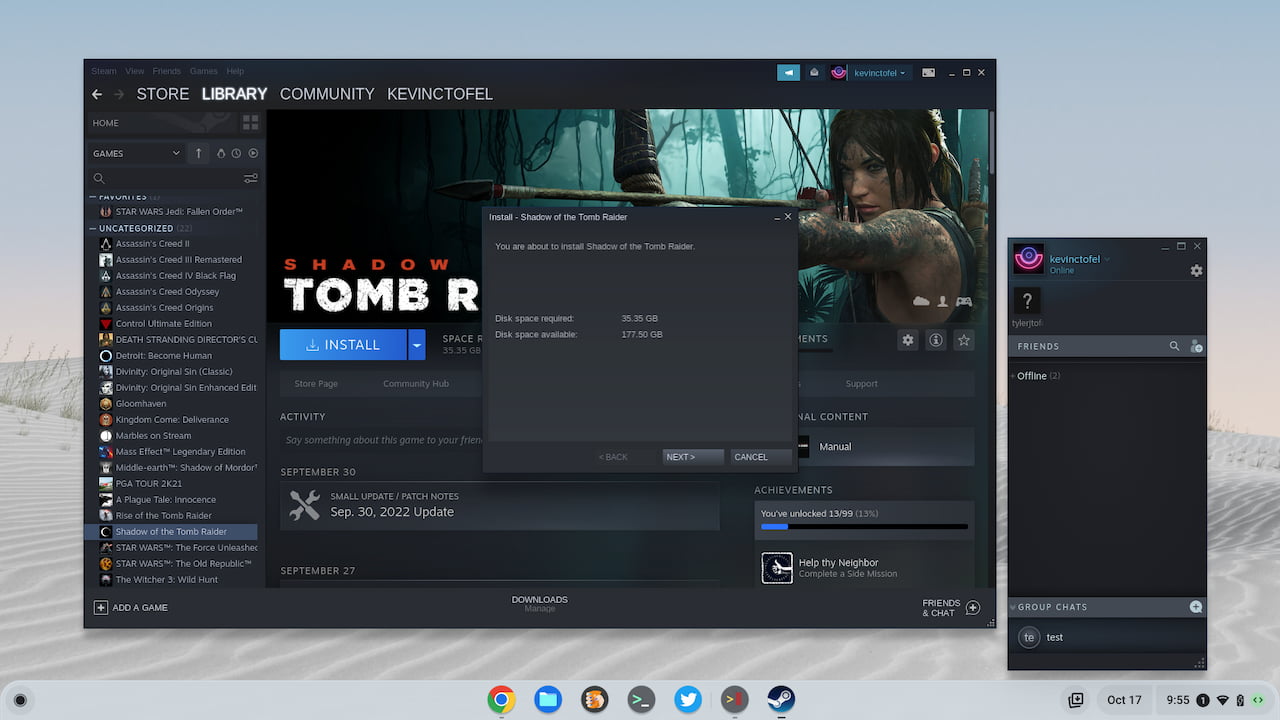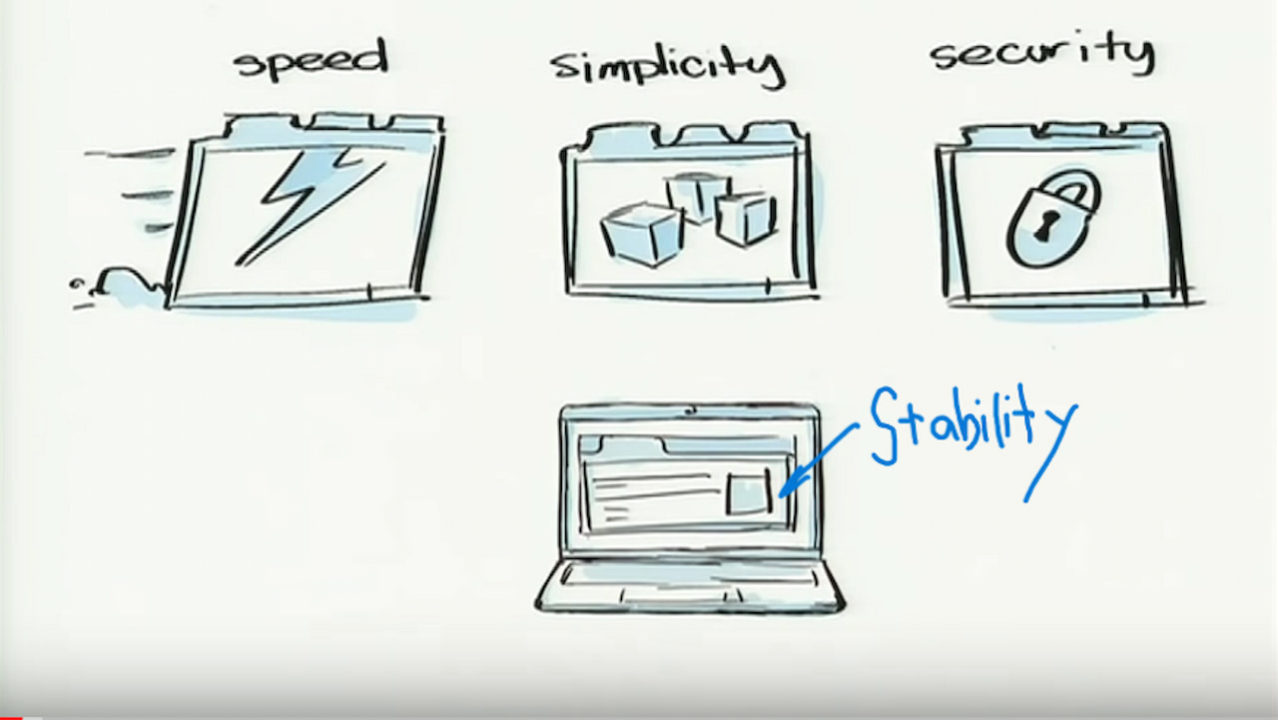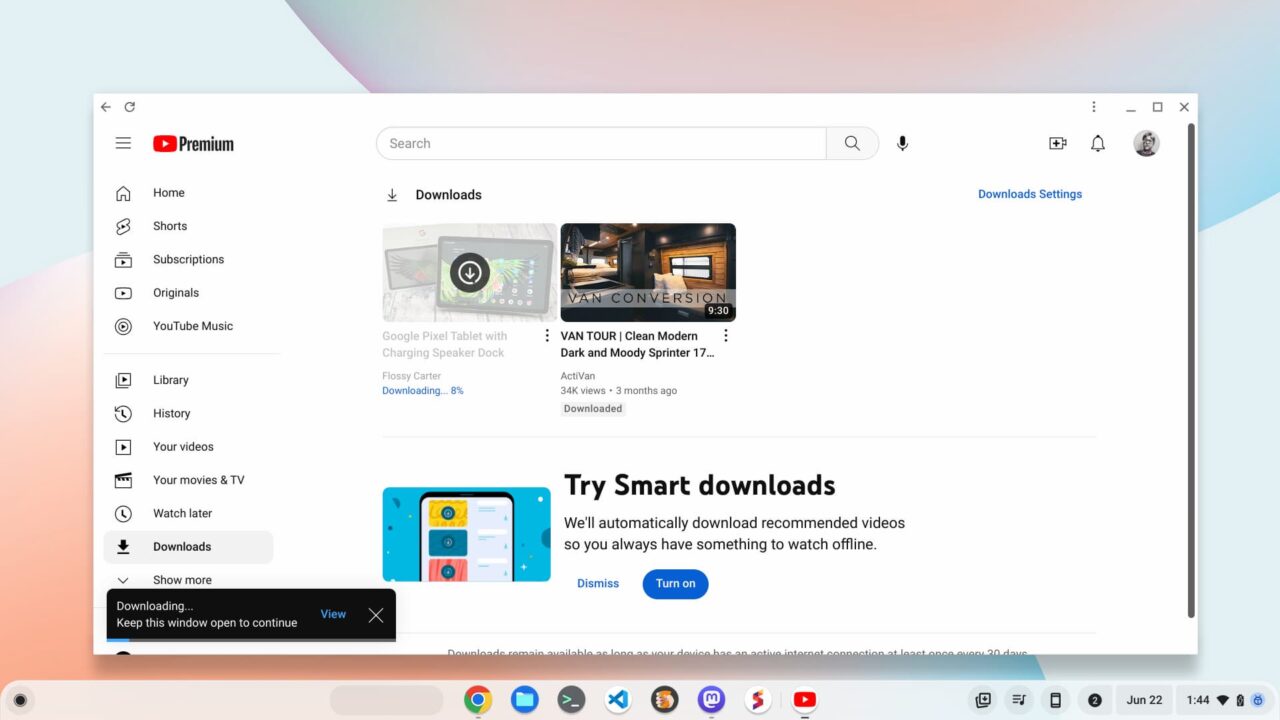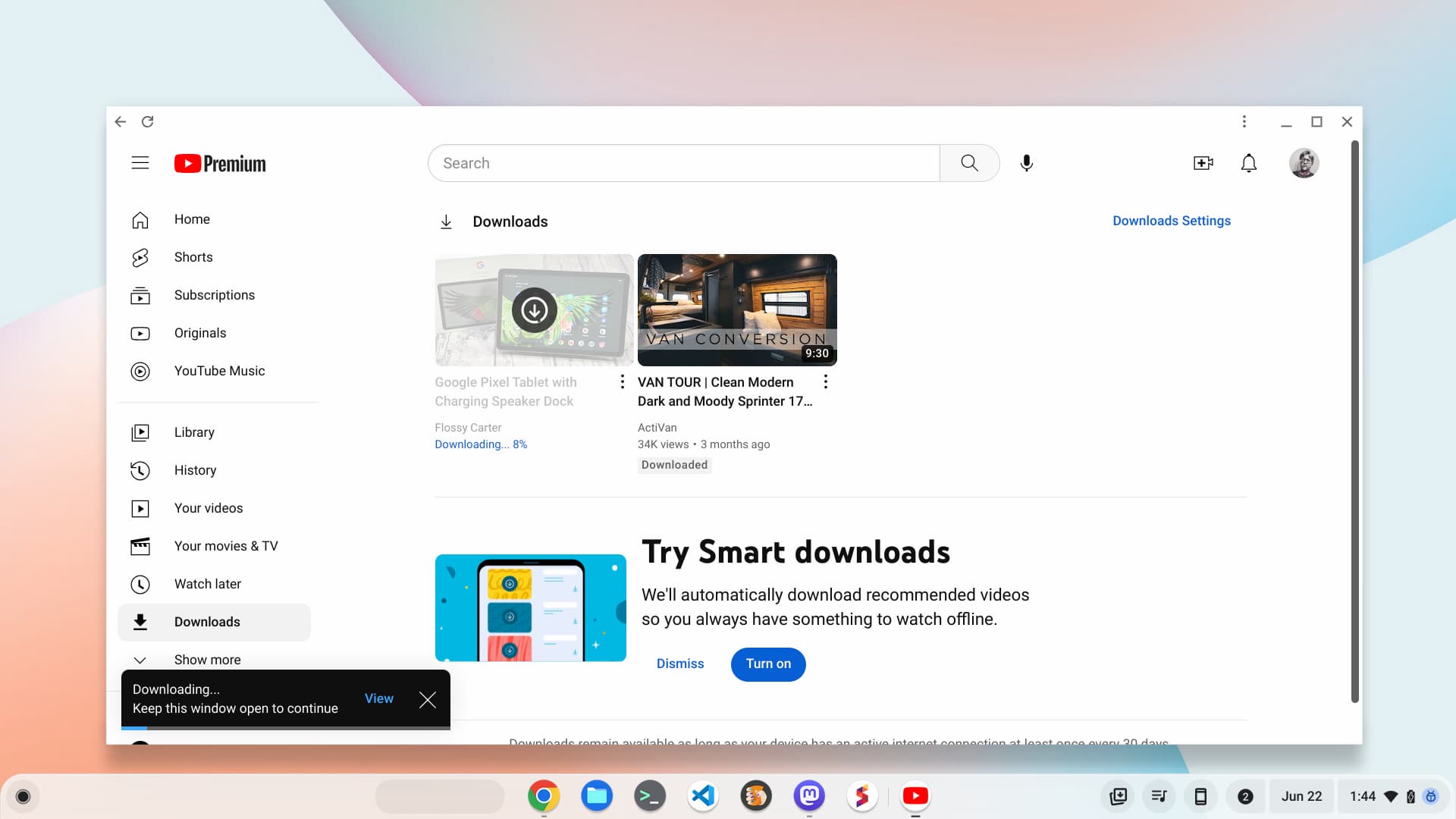By now, you’ve probably read reports of Google’s “Chromebook X” effort. Broken earlier this week by 9to5 Google, the expected plan is to use Chromebook X branding with a minimum set of hardware requirements. That’s better than the Chromebook Plus and Premium designations Google currently uses on its site. However, I think Chromebook X is the wrong approach for Google to take.
What is Chromebook X branding?
To understand my point, you first have to understand what Chromebook X is. 9to5 Google sums it up best with this question:
But what if there was a way to easily know that you’d get an excellent experience from your next Chromebook without needing to learn the ins and outs of processors and specs?
Don’t get me wrong: This is a valid question that could use a better answer.
Personally, I have a good idea of the expected experience from just about any Chromebook only because I do know the ins and outs of the processors and the specs. That’s a big part of the answer to the question. There’s another part too, one that I have repeatedly pointed out to anyone considering a Chromebook purchase. That part is knowing how you plan to use the device and what activities you need the Chromebook to perform. Frankly, it’s the same question that should be asked before considering a Mac or Windows computer.
I routinely spend half of my computing days in the Chrome browser while the other half is coding in Linux desktop apps on my Chromebook, for example. Based on my decade-plus of using Chromebooks, I know I need a certain level of processor capabilities and a more-than-average amount of memory for a positive experience.

I’m also a PC gamer so I know I need certain graphical power to play my Steam games on a Chromebook. The games I play don’t work well with even the most powerful Chromebooks available today, so I know to keep my expectations in check, or simply not use a Chromebook for that purpose.

Most consumers aren’t like me, however. So again, Chromebook X branding may help people have clearer expectations on which Chromebook might, or might not, be the best for their particular usage scenarios. And while that’s a good thing, it mainly helps those already planning to purchase a Chromebook. It does little to nothing for attracting new Chromebook users.
A better message to a bigger audience
Based on the hardware requirements reported by 9to5 Google, Chromebook X devices will help delineate entry-level ChromeOS laptops from the mid-range and premium options. But it’s not really creating any new Chromebook options that don’t exist today. With a very small amount of research, it’s quite easy to determine between entry-level Chromebooks and more premium or more capable models. I just don’t see this effort as solving a major problem.
In fact, the bigger problem is one that has existed as long as Chromebook have: People simply don’t understand the capabilities of a Chromebook and often say “Why would you spend that much on something that’s just a browser?” Or, “For that amount of money, you’d be better off getting a Mac or Windows machine.”
If I put my marketing hat on, I think there’s a better approach. And that’s to tackle the same old misconceptions about Chromebooks in order to justify the costs and explain the capabilities of Chromebooks.
The message should be to dispel myths about the perceived deficiencies of ChromeOS laptops. I say perceived because there are specific things that Chromebooks don’t do as compared to their Mac and Windows counterparts. Obviously, I don’t do or need to do those things, so it doesn’t matter to me.
What’s a computer?
Let’s flesh out what I think is the better approach here. Remember the “What’s a Computer?” ads that Apple ran for its iPad lineup back in 2017? I do, because I thought they were brilliant. Rather than debate if the iPad is a computer in the traditional sense, Apple flipped the script. Here’s one of the ad spots to illustrate:
The ad focuses on computing activities the iPad can do without specifically raising the question of “Is it a computer or not”? Effectively, Apple is saying “We’ve redefined what a computer is with the iPad.”
Hasn’t Google done the same with Chromebooks? I’d say yes.
ChromeOS is a new operating system with a unique interface and experience, bringing a fresh twist on speed, simplicity, and security to an old computing hardware model. There’s nothing magical about the hardware here; it’s all about the software. So the messaging should follow suit and not focus on hardware but on how to use this modern platform to get things done.

Chromebooks do that, not “Chromebook X”
Since I’m still wearing my marketing hat, I’ll flesh out that message. I’d use the phrase “Chromebooks do that” again and again by focusing on what Chromebooks can do. That’s really the only way to dispel the “it’s just a browser” argument that still lives today.
Picture a range of scenarios with two people, one of them having a Chromebook. The person with the Chromebook accomplishes some tasks, plays some games, or does something with the Chromebook. The other person looks stunned and says “Chromebooks can do that?” with an incredulous look. Of course, the Chromebook user just nods and says, “Yeah, Chromebooks do that.”
There are plenty of scenarios showing “surprising” Chromebook activities this marketing effort could take. Here are just a few:
- Receiving and replying to a text message using the Phone Hub
- Editing and saving a Microsoft Word document
- Playing a full-screen game such as Asphalt 9, Minecraft, or Among Us
- Building a mobile app using Android Studio
- Editing and creating a video using LumaFusion or Google Photos
- Tiling apps similar to Mac or Windows using Split View
- Printing out a document
- Playing a strategic or other non-graphically intensive game from the Steam library
- Designing elements for a web page using Figma
- Marking up or signing a PDF with a finger or a stylus
- Participating in a video call on Zoom, Google Meet, Discord, or even Facetime
- Watching downloaded video content from YouTube Premium, Netflix
- Listening to Apple Music or moving photos from an iPhone to a Chromebook
- Connecting to and using a Mac or Windows PC through the free Chrome Remote Desktop feature.
- Streaming games from Xbox Cloud Gaming or Nvidia GeForce Now
- Using a capable, secure browser with more features

Granted, some of these activities will use Android, Linux, or Progressive Web Apps. But it doesn’t really matter because the point isn’t the “how”. The point is that Chromebook does that. Sure, not every one of these activities is fully optimized. Downloaded Netflix videos play back at low resolution, some printers still don’t play nicely with Chromebooks and some PWAs aren’t fully equal to their native app counterparts. Those are issues Google still has to address either on its own or in tandem with developers. However, these are more quality-of-life challenges rather than things you just can’t do on a Chromebook.
Chromebook X doesn’t address the bigger problem
While Chromebooks make for great browsers, these examples will show people the capabilities of a Chromebook whether they rely on the browser or not. That’s what it’s going to take to educate the “it’s just a browser” crowd to really understand what a Chromebook can or can’t do.
Again, I know Chromebooks can’t do everything. They’re not the best computing tool for every person or every task. But until people understand and identify what Chromebooks actually can do, the market for such devices isn’t going to simply grow on its own.
Chromebook X isn’t likely to grow the market either if reports are accurate. It’s simply going to provide a more rigid set of requirements to people already interested in a Chromebook that will nearly guarantee some experience level. Rather than highlight what higher-end Chromebook laptops can do, focusing on what nearly every Chromebook can do is a bolder approach.
The post Why Chromebook X branding is the wrong approach for Google appeared first on About Chromebooks.

